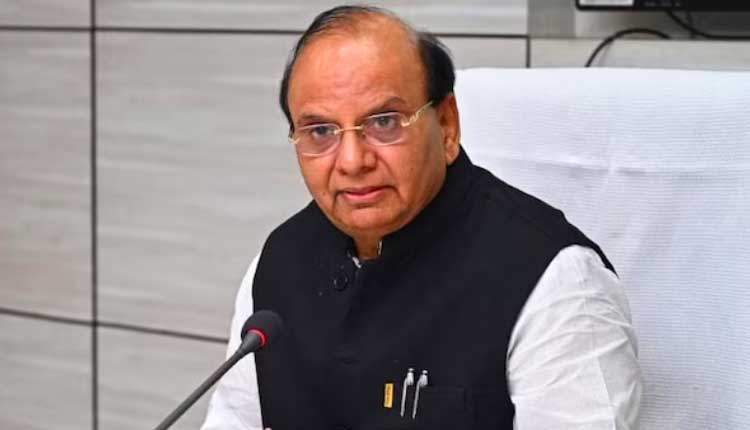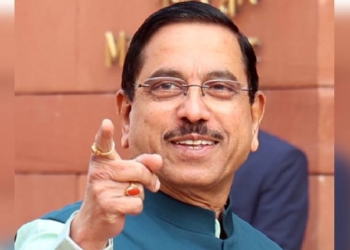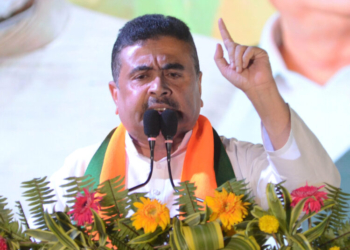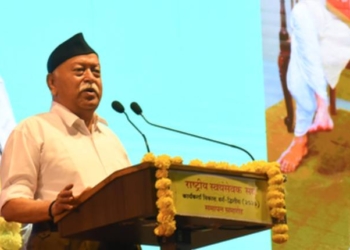New Delhi: Delhi Lt. Governor V.K. Saxena on Tuesday approved the draft Master Plan 2041 for the city in a meeting of the Delhi Development Authority.
Saxena, who is also the DDA Chairman, also took some other major decisions, including relaxation in guidelines pertaining to female beneficiaries for in situ rehabilitation under ‘Jahan Jhuggi Wahan Makan’ programme.
The LG said that the thrust of MPD-2041 was inclusive development, environmental sustainability, green economy, infrastructure development that included sufficient housing for all sections of the society, innovative interventions like TOD Hubs, land pooling, green area development and rejuvenation and regeneration of the city.
The draft Master Plan, prepared by the DDA and a statutory document that facilitates Delhi’s development by assessing the present condition and guiding achievement of the desired development, will be forwarded to the Union Housing and Urban Affairs Ministry for final approval and notification.
Divided into two volumes, and 10 chapters with the vision to ‘Foster a Sustainable, Liveable and Vibrant Delhi’, The draft Master Plan is based on extensive citizen and stakeholder engagement which includes with government departments, local bodies, RWAs, traders and market associations, NGOs, professionals, experts, and individuals.
The three goals, that will be pursued over this Plan period, include making Delhi an environmentally sustainable city that provides a healthy environment for its citizens and is resilient to impacts of climate change and disasters, to develop a future-ready city that offers good quality, affordable and safe living environments with efficient services and green mobility systems, and emerges as a dynamic place for economic, creative, and cultural development.
The Master Plan will be a more people-friendly document easy-to-read and understand by general public apart from professionals. The GIS-based land use plan is developed which will enable stakeholders in ease of understanding of applicability of policies of draft Master Plan on ground more precisely.
The development control norms related to use premises and activities, flexibility in use, parking requirements, mixing of uses, etc. have been simplified and enable flexibility to meet future developments and people’s needs.
It prioritises protection and improvement of good quality green-blue assets for active/passive recreation and leisure. This includes biodiversity parks, integrated floodplain planning, revival of baolis/water bodies, development of walking and cycling trails along with the rejuvenation of drain buffers. Buildings will also be required to meet Green-Blue Factor (GBF) conditions to ensure sustainable development practices.
Additionally, the plan also proposes the rejuvenation of the Yamuna and its floodplain through preparation of Comprehensive River Development Plan for the river and enhancing Delhi’s preparedness for climate change impacts and in tackling pollution.
The first Master Plan for Delhi was promulgated in 1962 under the Delhi Development Act, 1957. These plans are prepared for 20 years’ perspective periods and provided a holistic framework for planned development of Delhi.
(IANS)


















